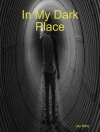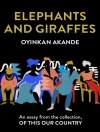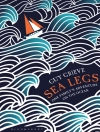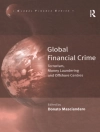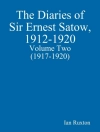In ‘The Web and the Rock, ‘ Thomas Wolfe crafts a sprawling narrative that delves into the intricacies of human experience, identity, and the struggle for meaning within the confines of society and family. The novel is marked by Wolfe’s signature lyrical prose, rich in metaphor and philosophical introspection. Set against the backdrop of early 20th-century America, it explores the protagonist’s journey through the complexities of life, love, and the pursuit of artistic ambition, serving as a companion to his earlier work, ‘Look Homeward, Angel.’ With its exploration of the interconnections between personal and collective narratives, the book reveals Wolfe’s engagement with existential themes and the human condition. Thomas Wolfe, born in 1900 in Asheville, North Carolina, was profoundly influenced by his Southern upbringing and the intricacies of American life. Wolfe’s deep concern with artistic expression and his own struggles with identity and belonging shaped his narrative approach. His semi-autobiographical style allows readers to witness the tension between the individual spirit and societal constraints, forged through his experiences in both rural and urban America, which provided a rich tapestry for his complex characters and vivid settings. This novel is a masterclass in American literature, appealing to readers who appreciate lyrical prose intertwined with deep philosophical inquiry. Wolfe invites readers to contemplate their own places within the web of society while navigating the rocks that define existential challenges. ‘The Web and the Rock’ is not just a story; it’s an exploration of consciousness and a testament to Wolfe’s enduring legacy as a passionate chronicler of the human heart.
Mengenai Pengarang
Thomas Wolfe (1900–1938), an American novelist of the early 20th century, was best known for his autobiographical fiction, imbued with an unbridled zest for life and a sprawling, exuberant literary style. Wolfe attended the University of North Carolina at Chapel Hill and later Harvard University, where he studied playwriting. His writing career took a significant turn when he published ‘Look Homeward, Angel’ in 1929, drawing widespread acclaim for its vivid character portrayals and lyrical, poetic prose. Wolfe’s ability to blend deeply personal experiences with universal themes of the human condition was further exemplified in his posthumously published work ‘The Web and the Rock’ (1939). This novel, along with ‘You Can’t Go Home Again’, presented a posthumous elaboration of Wolfe’s literary alter ego, Eugene Gant, and rendered a rich exploration of the individual’s quest for identity and meaning amidst the tumult of the modern world. Despite his short life, Wolfe’s influence endured; he paved the way for subsequent generations of American writers with his sprawling narrative form and introspective approach. His works continue to be celebrated for their rich, poetic language and their exploration of the interplay between the individual and society.


